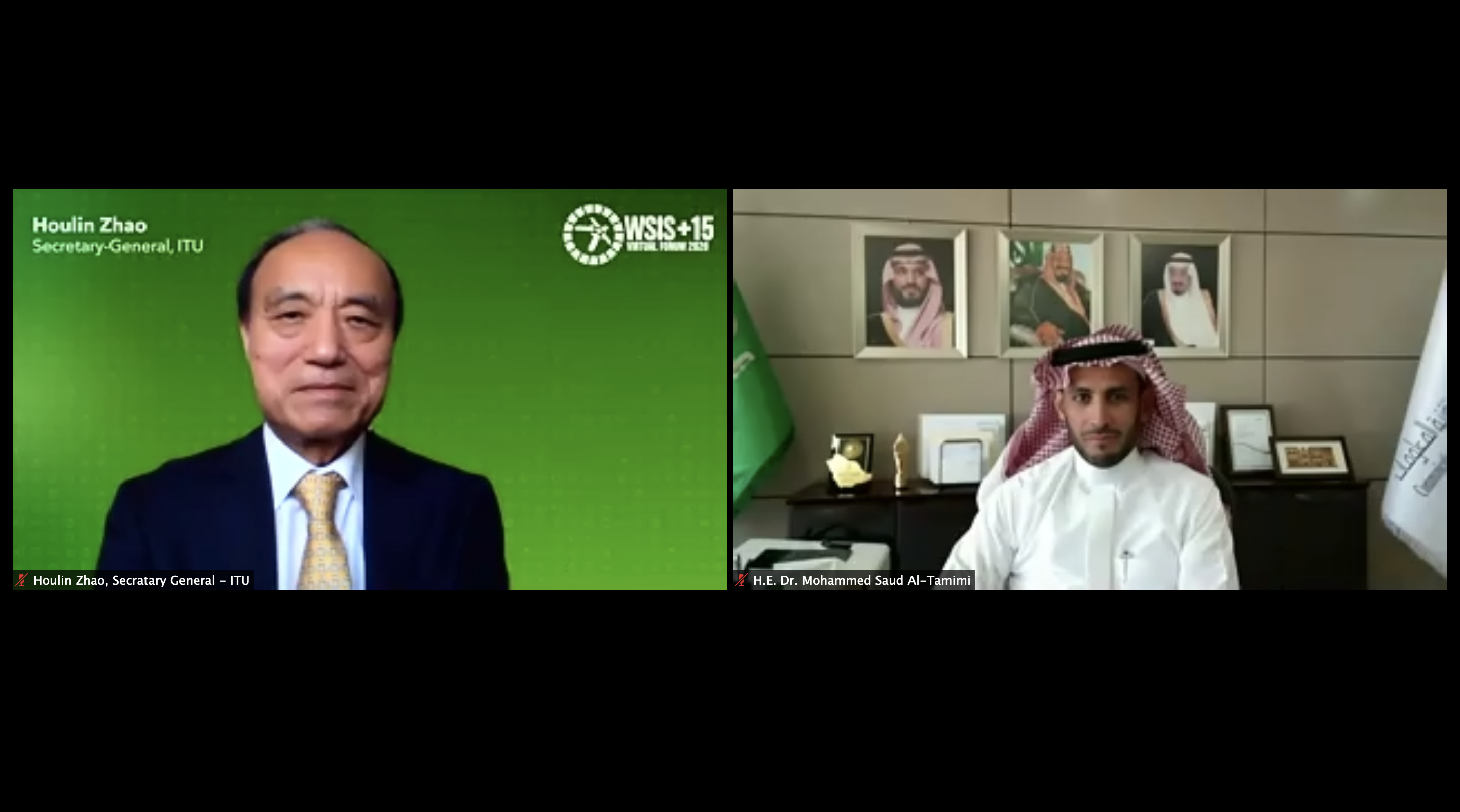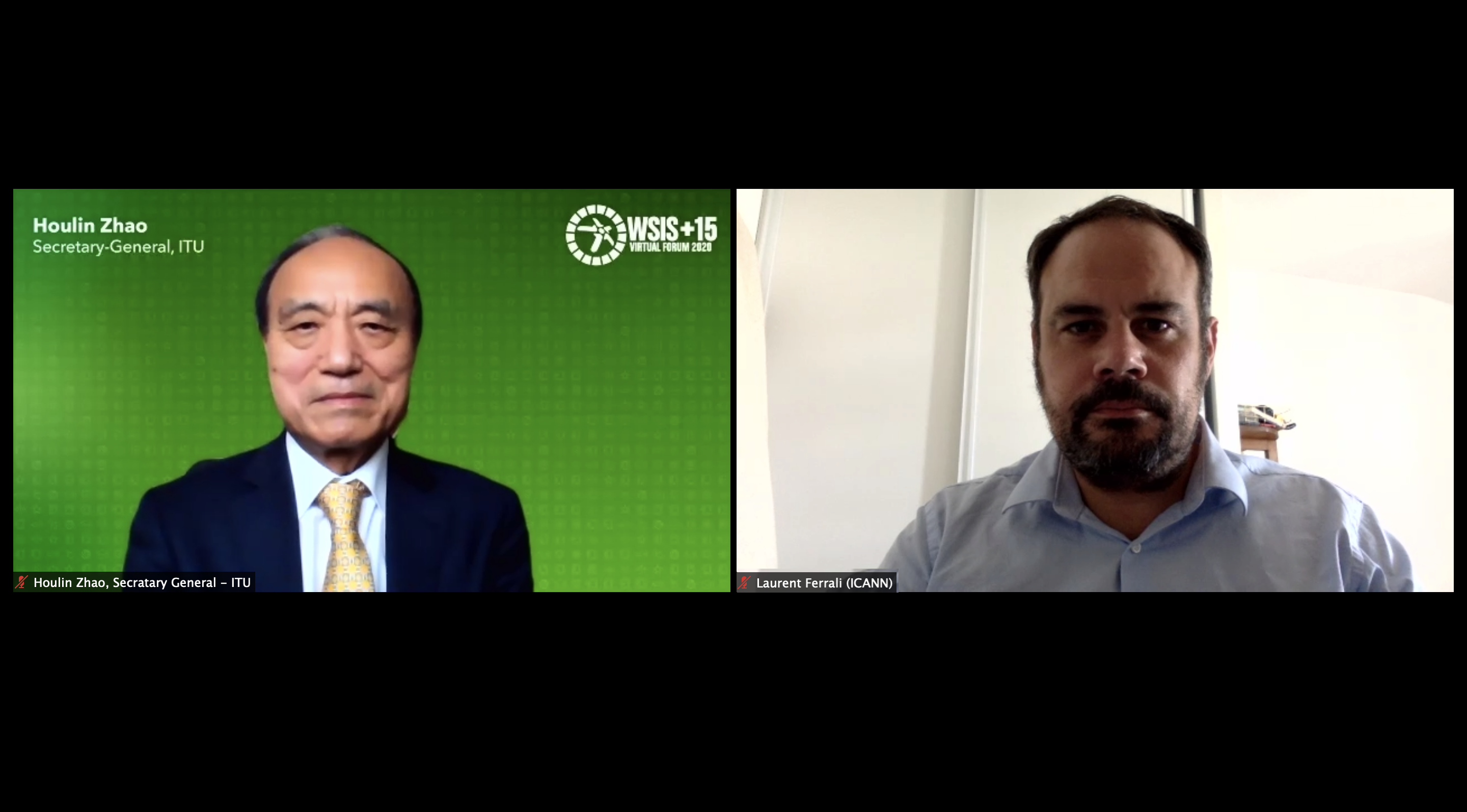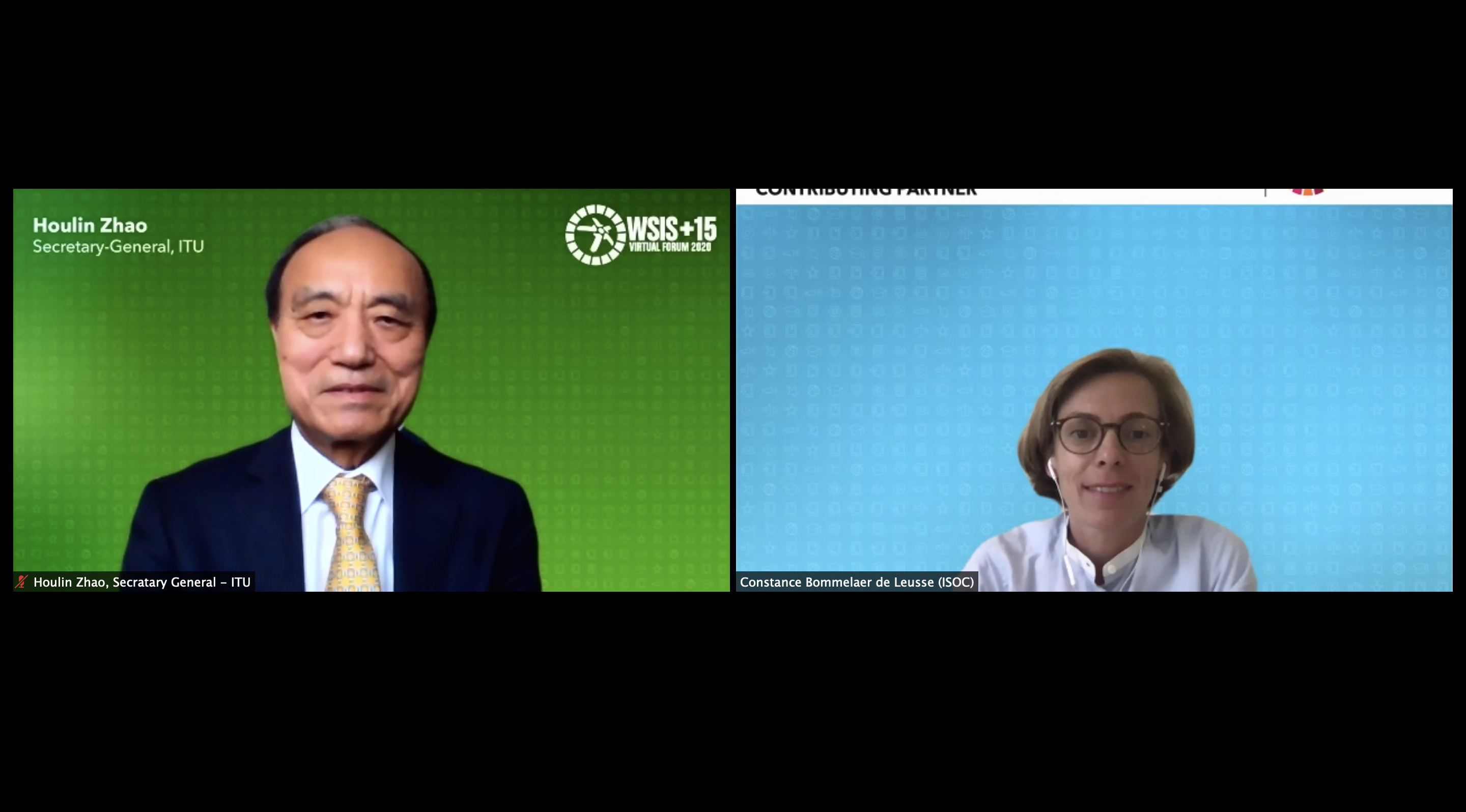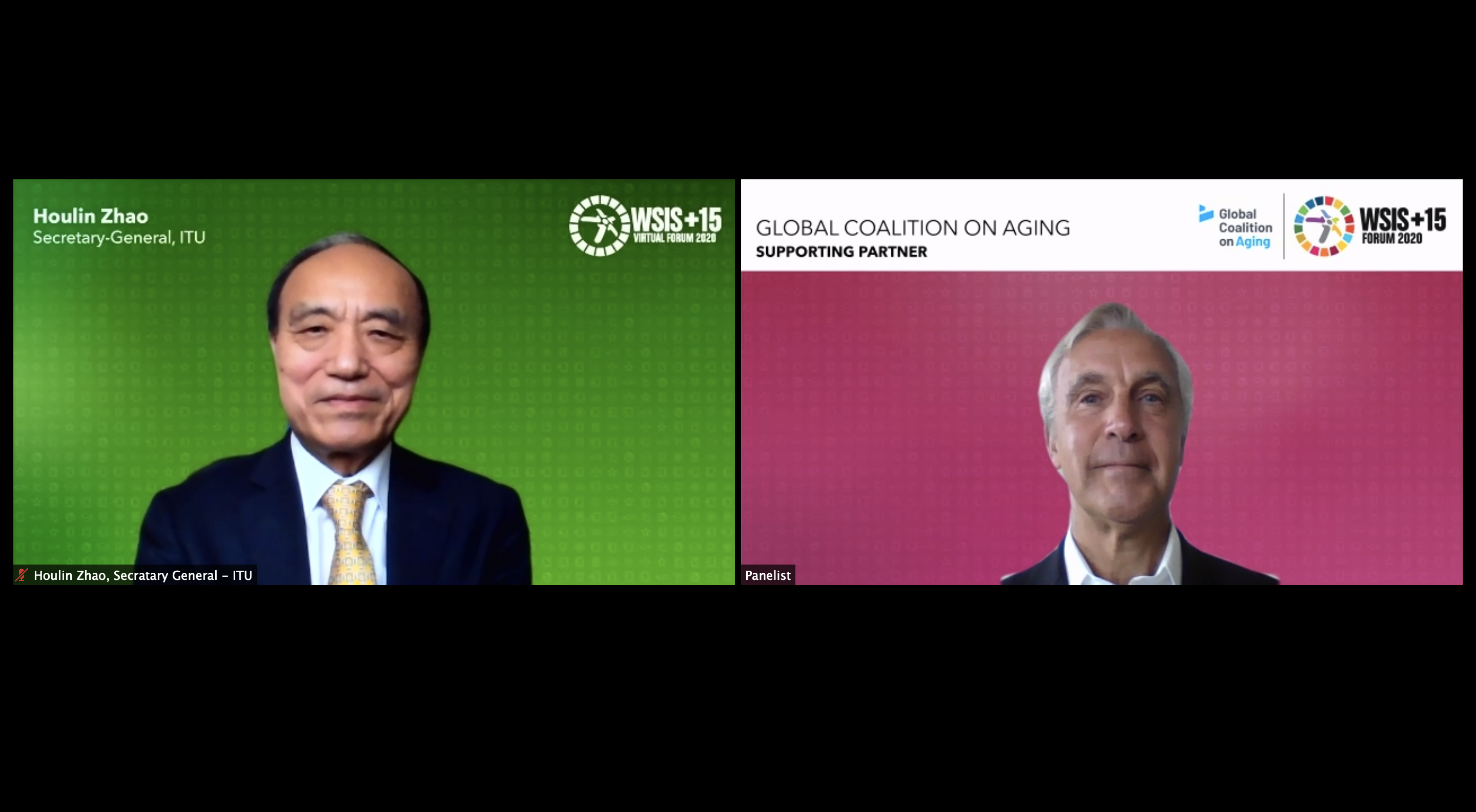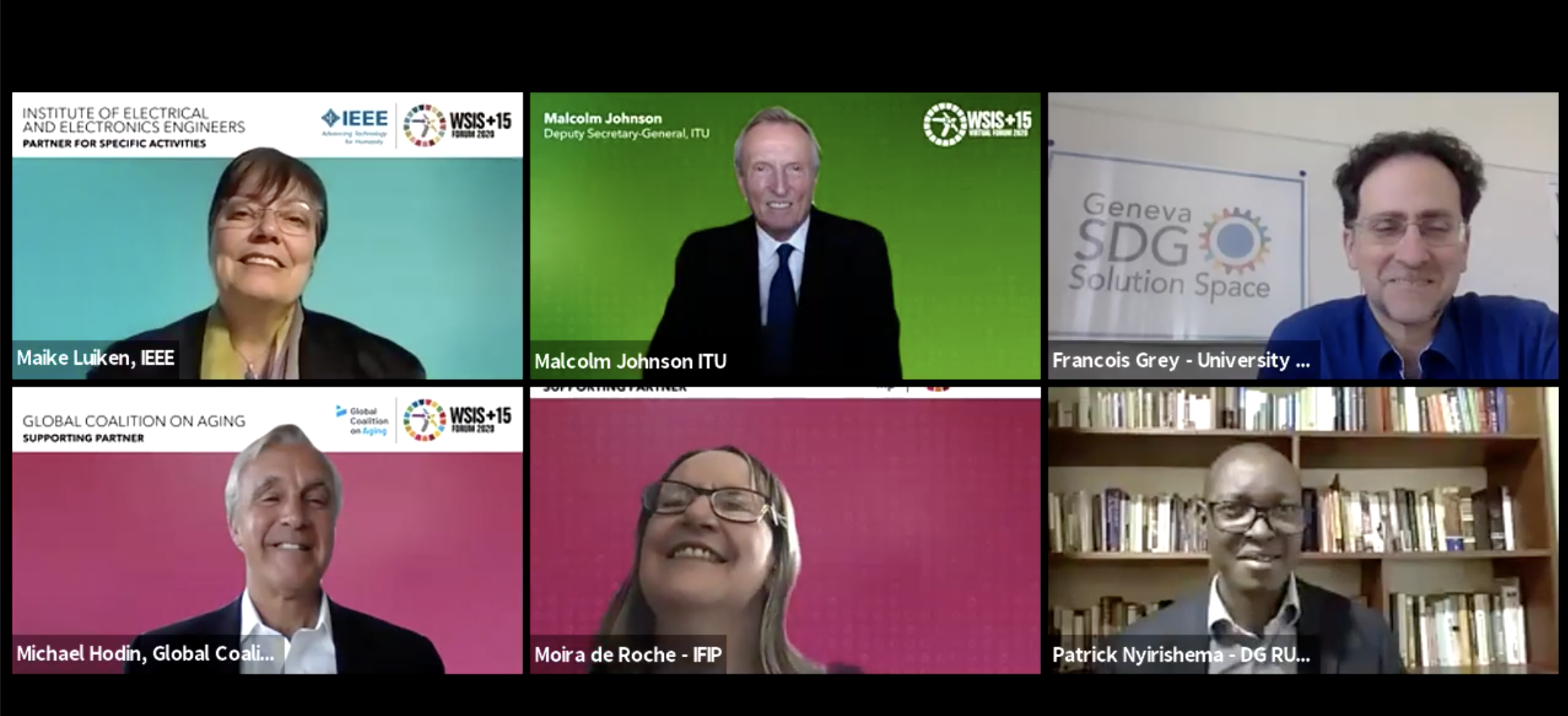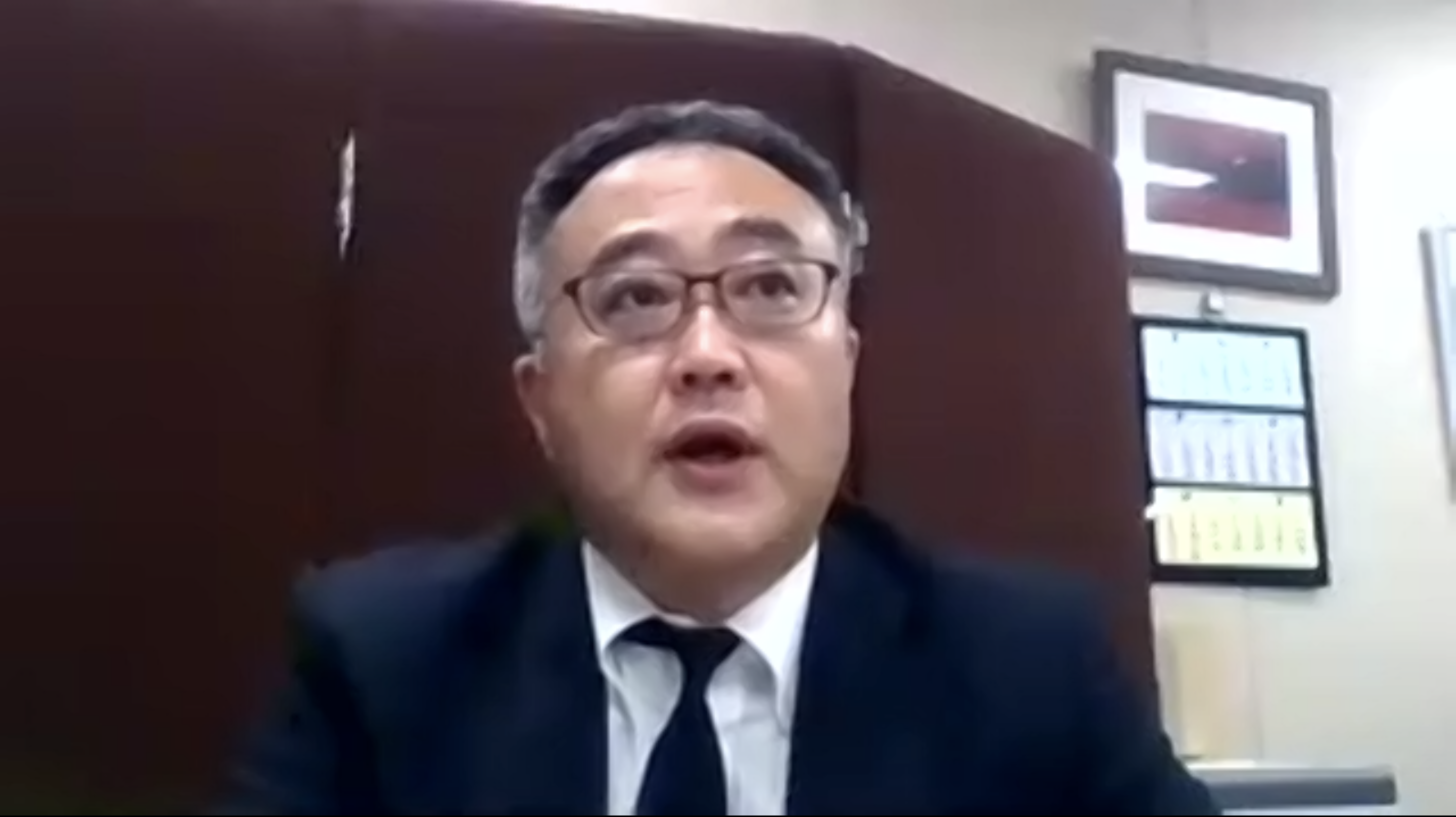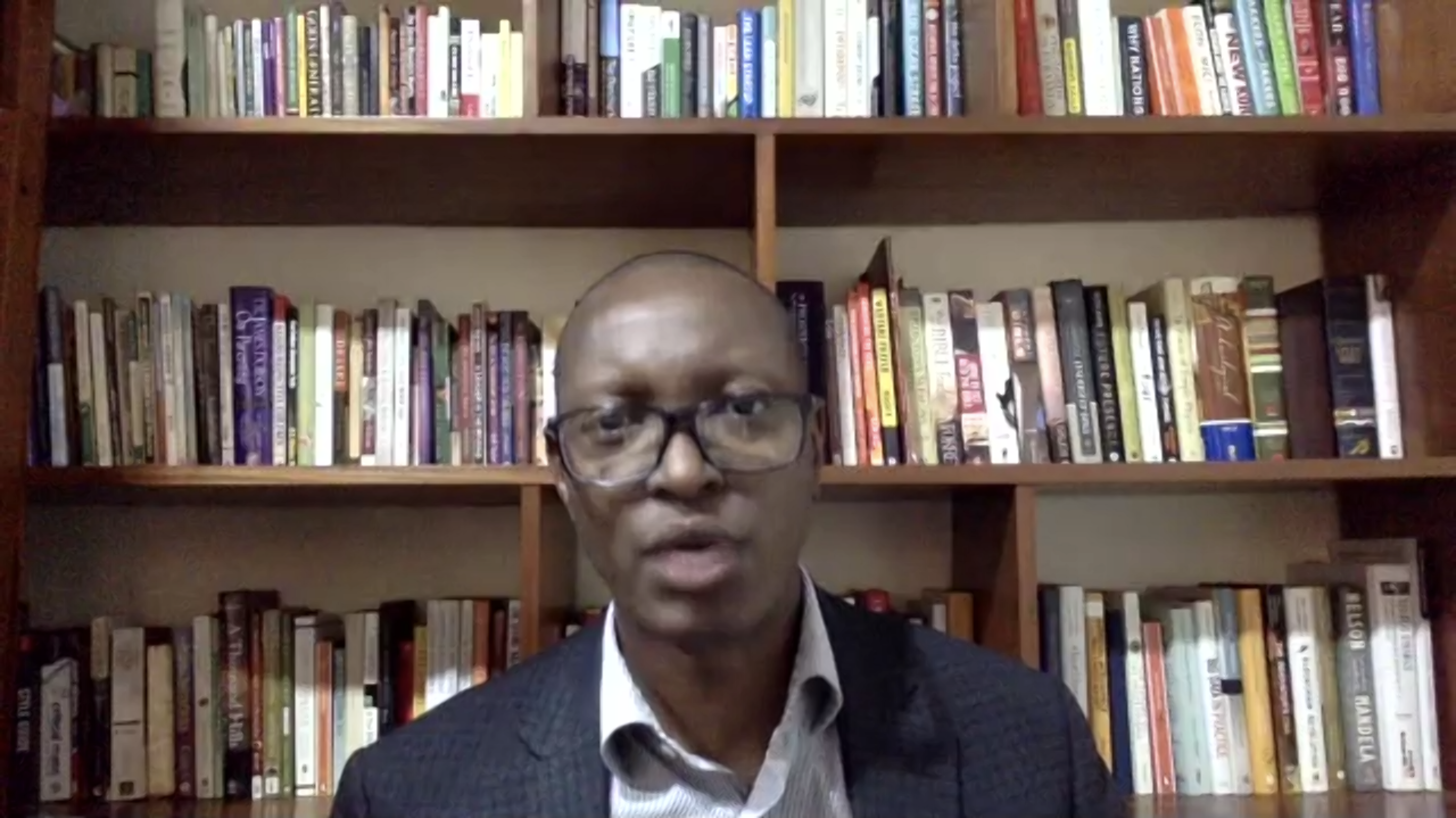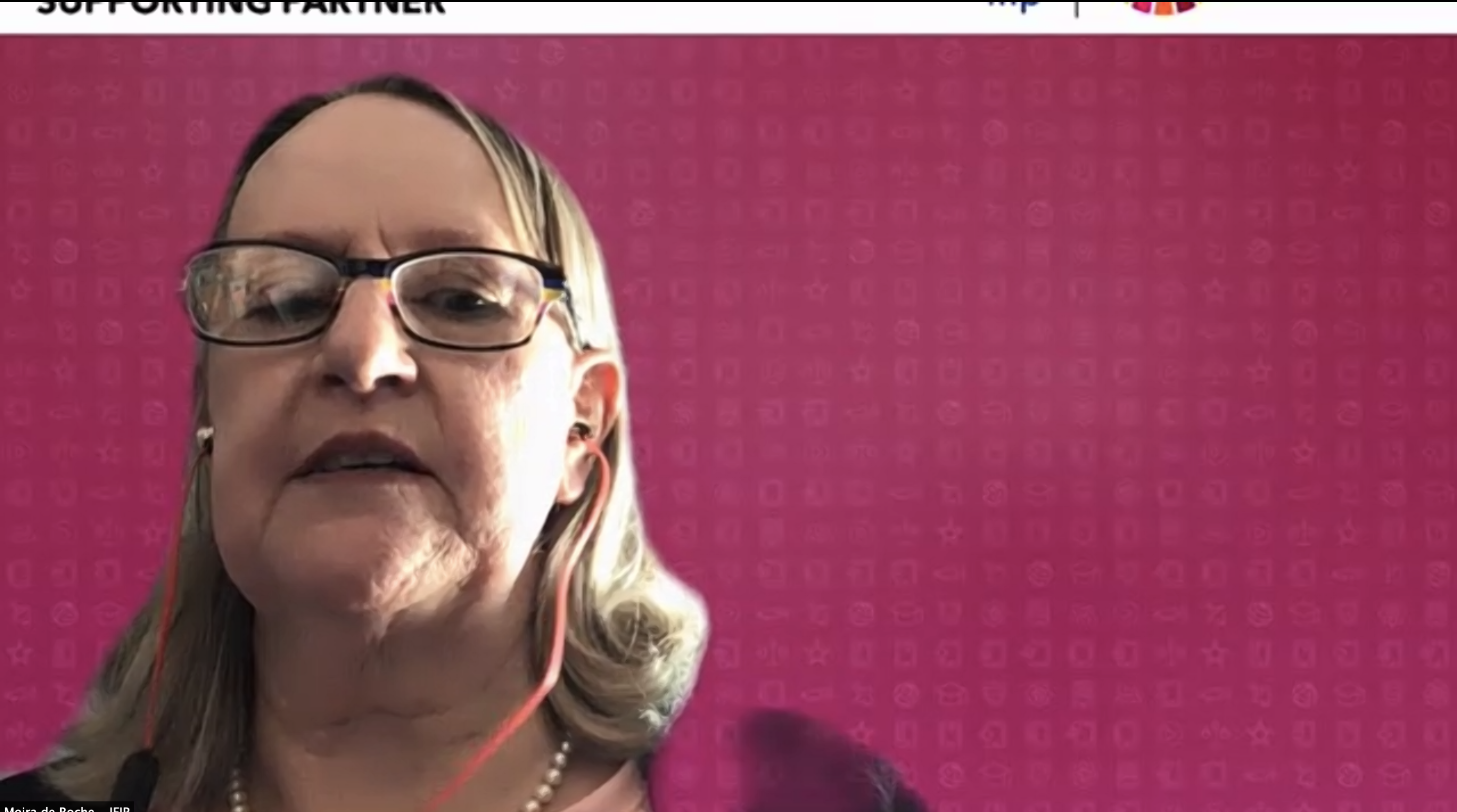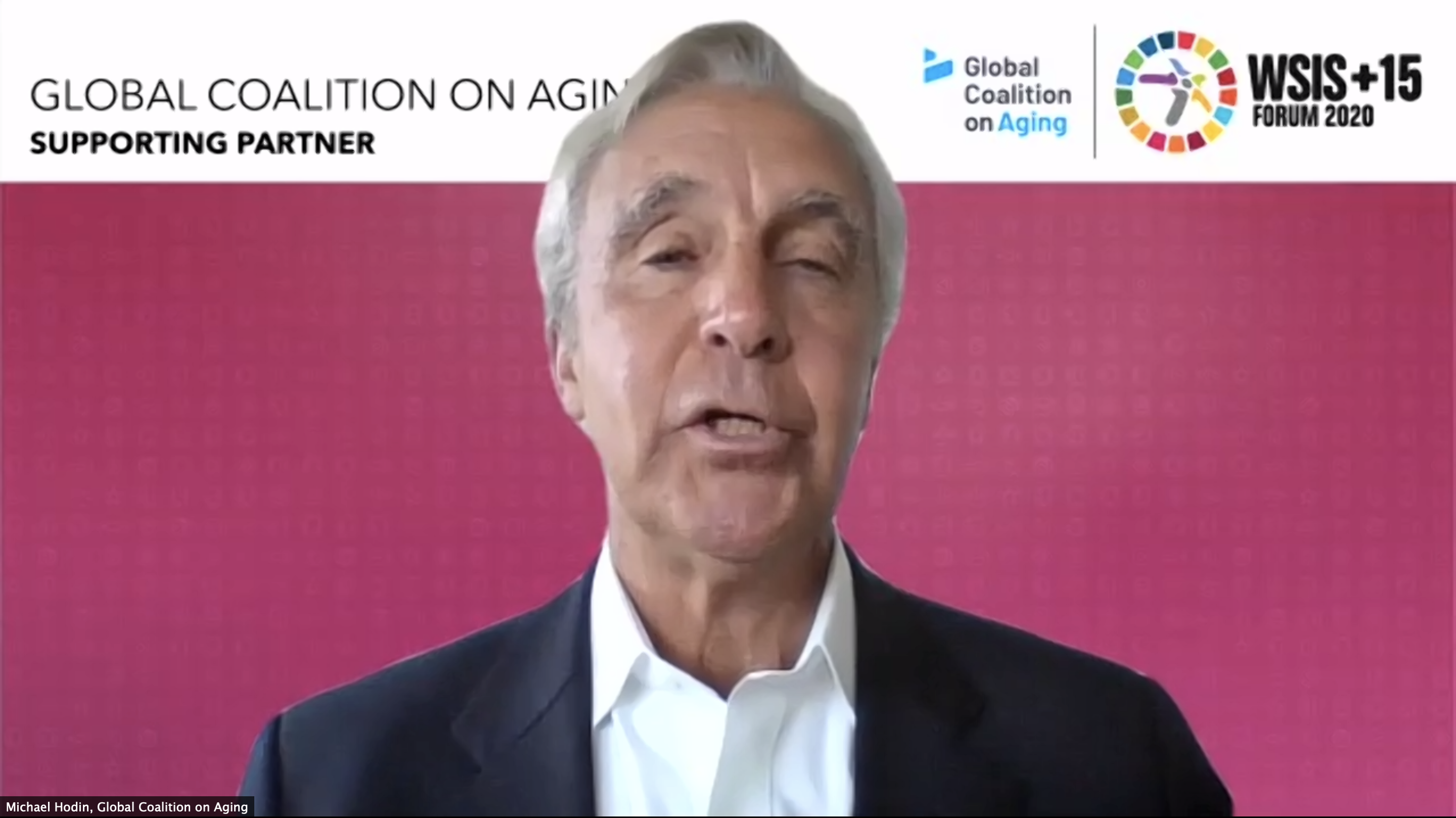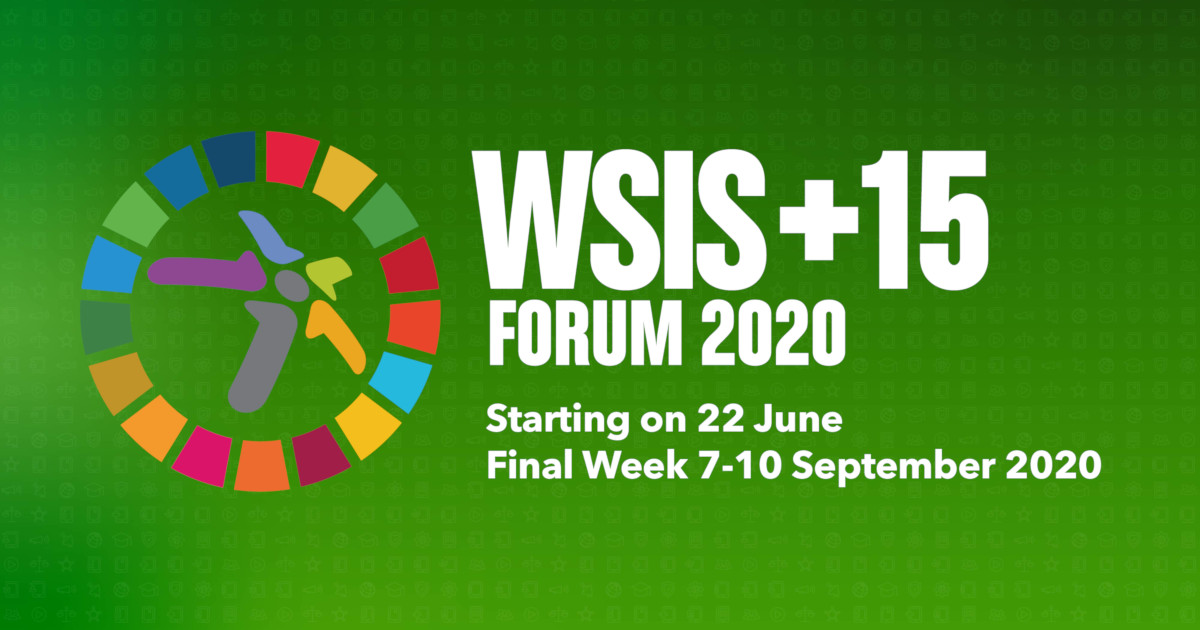Opening Segment: Appreciation Ceremony for WSIS Forum 2020 Partners - High-level Dialogue: WSIS Action Lines and SDGs: Strengthening multistakeholder partnership
WSIS
Session 358
Appreciation Ceremony for WSIS Forum 2020 Partners
The appreciation ceremony will take place at 14:00-14:15 CEST with the presence of Mr. Houlin Zhao, Secretary-General of ITU. This occasion will be followed by the High-level Dialogue: WSIS Action Lines and SDGs: Strengthening multistakeholder partnership
WSIS Forum 2020 Partners:
· United Arab Emirates - Platinum Partner
· Saudi Arabia (Kingdom of) - Gold Plus Partner
· Switzerland (Confederation of) - Partner for Specific Activities
· Japan - Partner for Specific Activities
· The Institute of Electrical and Electronics Engineers (IEEE) - Partner for Specific Activities
· Internet Society (ISOC) - Contributing Partner
· Rwanda (Republic of) - Contributing Partner
· The Internet Corporation for Assigned Names and Numbers (ICANN) - Contributing Partner
· International Federation for Information Processing (IFIP) - Supporting Partner
· Global Coalition on Aging (GCOA) - Supporting Partner
· University of Geneva – Geneva Tsinghua Initiative - Supporting Partner
High-level Dialogue: WSIS Action Lines and SDGs: Strengthening multistakeholder partnership
The theme of this year’s Forum, “Fostering digital transformation and global partnerships: WSIS Action Lines for achieving SDGs”, comes at a time when we are entering the last decade to achieve the Sustainable Development Goals.
After almost 15 years of engagement from all WSIS stakeholders, the WSIS Forum remains the leading global platform for multistakeholder collaboration to make ICTs a critical driver of global development
This session will focus on the strategic ways partners leveraged ICTs and share best practices in developing multistakeholder partnerships to advance the WSIS goals and the sustainable development goals. The WSIS process emphasises multistakeholder collaboration and cooperation across all regions and sectors.

The session will be moderated by Mr. Malcolm Johnson, Deputy Secretary-General, ITU.








-
 C1. The role of governments and all stakeholders in the promotion of ICTs for development
C1. The role of governments and all stakeholders in the promotion of ICTs for development
-
 C2. Information and communication infrastructure
C2. Information and communication infrastructure
-
 C3. Access to information and knowledge
C3. Access to information and knowledge
-
 C4. Capacity building
C4. Capacity building
-
 C5. Building confidence and security in use of ICTs
C5. Building confidence and security in use of ICTs
-
 C6. Enabling environment
C6. Enabling environment
-
 C7. ICT applications: benefits in all aspects of life — E-government
C7. ICT applications: benefits in all aspects of life — E-government
-
 C7. ICT applications: benefits in all aspects of life — E-business
C7. ICT applications: benefits in all aspects of life — E-business
-
 C7. ICT applications: benefits in all aspects of life — E-learning
C7. ICT applications: benefits in all aspects of life — E-learning
-
 C7. ICT applications: benefits in all aspects of life — E-health
C7. ICT applications: benefits in all aspects of life — E-health
-
 C7. ICT applications: benefits in all aspects of life — E-employment
C7. ICT applications: benefits in all aspects of life — E-employment
-
 C7. ICT applications: benefits in all aspects of life — E-environment
C7. ICT applications: benefits in all aspects of life — E-environment
-
 C7. ICT applications: benefits in all aspects of life — E-agriculture
C7. ICT applications: benefits in all aspects of life — E-agriculture
-
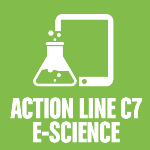 C7. ICT applications: benefits in all aspects of life — E-science
C7. ICT applications: benefits in all aspects of life — E-science
-
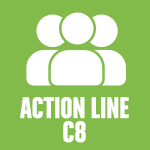 C8. Cultural diversity and identity, linguistic diversity and local content
C8. Cultural diversity and identity, linguistic diversity and local content
-
 C9. Media
C9. Media
-
 C10. Ethical dimensions of the Information Society
C10. Ethical dimensions of the Information Society
-
 C11. International and regional cooperation
C11. International and regional cooperation
-
 Goal 1: End poverty in all its forms everywhere
Goal 1: End poverty in all its forms everywhere
-
 Goal 2: End hunger, achieve food security and improved nutrition and promote sustainable agriculture
Goal 2: End hunger, achieve food security and improved nutrition and promote sustainable agriculture
-
 Goal 3: Ensure healthy lives and promote well-being for all
Goal 3: Ensure healthy lives and promote well-being for all
-
 Goal 4: Ensure inclusive and equitable quality education and promote lifelong learning opportunities for all
Goal 4: Ensure inclusive and equitable quality education and promote lifelong learning opportunities for all
-
 Goal 5: Achieve gender equality and empower all women and girls
Goal 5: Achieve gender equality and empower all women and girls
-
 Goal 6: Ensure access to water and sanitation for all
Goal 6: Ensure access to water and sanitation for all
-
 Goal 7: Ensure access to affordable, reliable, sustainable and modern energy for all
Goal 7: Ensure access to affordable, reliable, sustainable and modern energy for all
-
 Goal 8: Promote inclusive and sustainable economic growth, employment and decent work for all
Goal 8: Promote inclusive and sustainable economic growth, employment and decent work for all
-
 Goal 9: Build resilient infrastructure, promote sustainable industrialization and foster innovation
Goal 9: Build resilient infrastructure, promote sustainable industrialization and foster innovation
-
 Goal 10: Reduce inequality within and among countries
Goal 10: Reduce inequality within and among countries
-
 Goal 11: Make cities inclusive, safe, resilient and sustainable
Goal 11: Make cities inclusive, safe, resilient and sustainable
-
 Goal 12: Ensure sustainable consumption and production patterns
Goal 12: Ensure sustainable consumption and production patterns
-
 Goal 13: Take urgent action to combat climate change and its impacts
Goal 13: Take urgent action to combat climate change and its impacts
-
 Goal 14: Conserve and sustainably use the oceans, seas and marine resources
Goal 14: Conserve and sustainably use the oceans, seas and marine resources
-
 Goal 15: Sustainably manage forests, combat desertification, halt and reverse land degradation, halt biodiversity loss
Goal 15: Sustainably manage forests, combat desertification, halt and reverse land degradation, halt biodiversity loss
-
 Goal 16: Promote just, peaceful and inclusive societies
Goal 16: Promote just, peaceful and inclusive societies
-
 Goal 17: Revitalize the global partnership for sustainable development
Goal 17: Revitalize the global partnership for sustainable development

